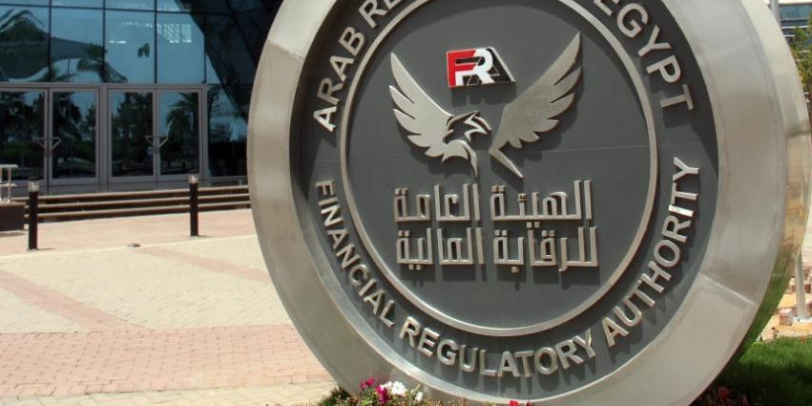FRA approves Egypt’s first future flow securitization program worth EGP 2B
The first issuance should close before the end of August and will offer 7-year securities at EGP 100 each, said CIRA CEO Mohamed El Kalla

Egypt is about to see its first-ever future flow securitization following the Financial Regulatory Authority’s (FRA) approval of Cairo for Investment and Real Estate Development’s (CIRA) multi-issuance program worth EGP 2 billion.
CIRA is looking to issue the EGP 2 billion over the next 3 years, with the securities backed by future tuition revenues. The company’s first issuance will see the EGP 800 million worth of bonds up for sale to financial institutions and other institutional investors.
The first issuance should close before the end of August and will offer 7-year securities at EGP 100 each, said CIRA CEO Mohamed El Kalla to Enterprise.
Future flow securitization provides companies with the option to monetize existing and predictable/possible future income that they expect to make at a future date. These asset-back securities are used to pay the debt service to the investors on the financing through regular, fixed sums they get from subscribers, tolls, tenants, and etc.
FRA chairperson Mohamed Omran pointed out that the new future flow securitization program will be the first of its kind in an official statement, citing Law No. 13 of 2022 issued in March 2022 which added new amendments for organizing the issuance of securitized future flow bonds.
Omran noted that this is within the authority’s framework to implement its strategy to develop non-banking financial activities (2026-2022), and the efforts made in developing financing tools in the Egyptian market.
According to Omran, the new amendments allowed the existing authorities in many sectors, utilities, and public services in the country to provide the necessary financing through the proceeds of bonds.





